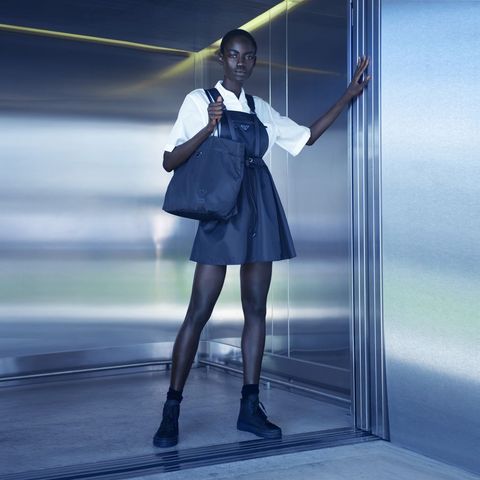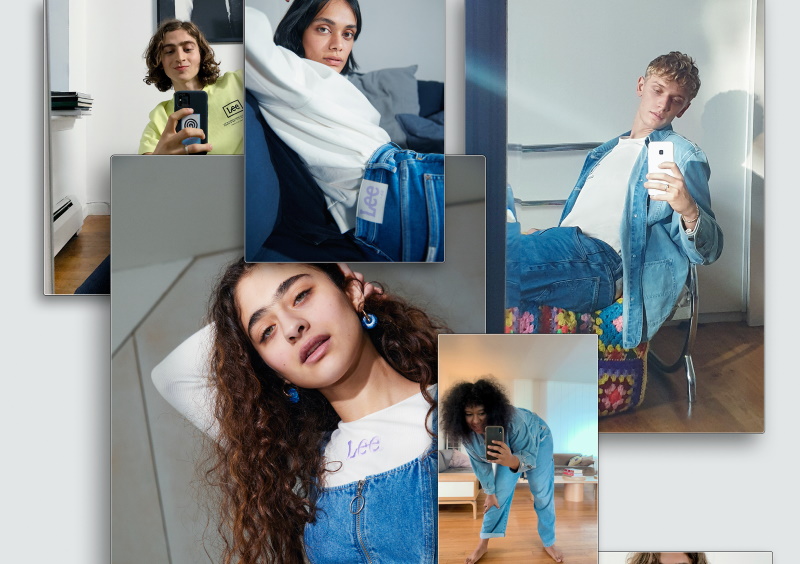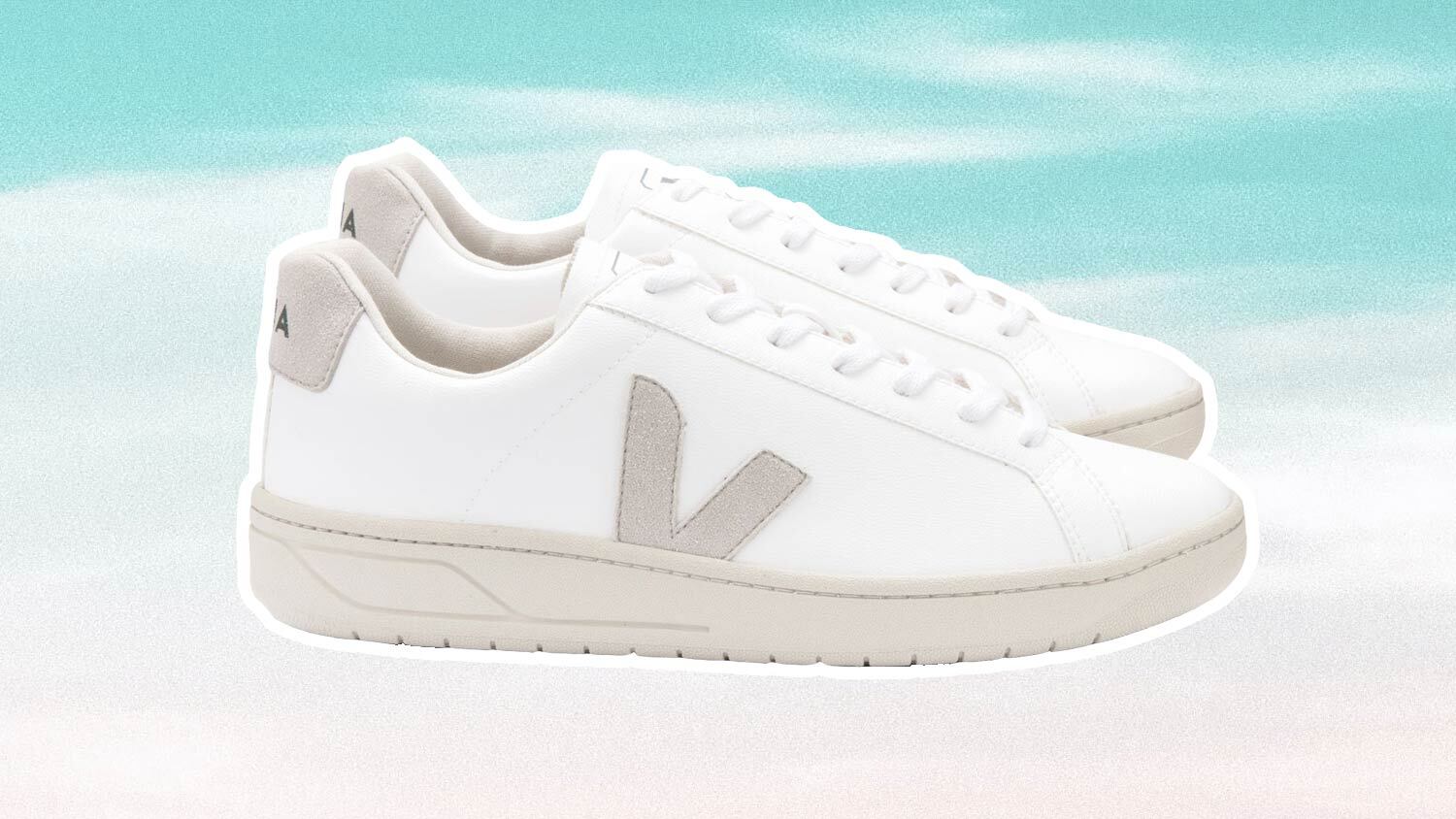Sustainability has taken on a buzzword-like status in recent years, to the point where most of us don’t even know what it actually means anymore. But one thing is clear – consumers are concerned about the environment, and they want change now!
Key facts and figures:
- 50% of consumers want more sustainability in the fashion industry (Nosto).
- 75% of consumers want to see less packaging (Nosto).
- One-third of GenZ consumers are visiting stores less as a result of environmental concerns (Qudini).
- 50% of consumers are willing to pay more for environmentally friendly products (Shopify)
- 53% of consumers prefer green or sustainable products, and 49% respond positively to retailers making a donation to a cause with each purchase (Shopify).
- Almost one-quarter (23%) of consumers shop at local or independent retailers to reduce their environmental impact (Shopify).
- 41.8% of consumers want brands to be socially responsible (Shopify)
- 62% of Millennials surveyed said it’s important to buy from companies that support their own political and social beliefs (5W PR study).
While consumers from all age groups are in strong support of environmentally sustainable agendas from retail brands, younger consumers are significantly more likely to care about environmental causes.
In the midst of a global pandemic, almost a third of GenZ consumers and a fifth of Millennials are avoiding visits to stores purely for environmental reasons rather than health concerns.
A recent Qudini survey of 2,000 consumers revealed 31% of GenZ consumers are visiting stores less as a result of environmental concerns, while 19% of Millennials said the same.

The fact that younger generations are 3x more likely to avoid stores for environmental reasons than Baby Boomers or GenX customers is something retailers need to become increasingly aware of, as it will effect the way consumers shop as they increase in spending power.
As a result, many leading fashion brands are making crucial changes to their supply lines and product ranges to make sustainability a focus:
Traditional retail brands leading the sustainability movement:
Adidas
Adidas has set to reach its target to make over 60% of its products from sustainable materials like recycled polyester or sustainable cotton by 2021.
Its ultimate goal is to switch to using only recycled polyester from 2024 onwards – since 2018, it has been using exclusively sustainable cotton.
The brand is also getting quite innovative with its choice of materials, launching a line of plant-based footwear made from mushroom leather.

Adidas is launching vegan trainers made from mushroom leather.
Burberry
Burberry has become carbon neutral across 85% of its sites and procures 83% of its total energy from renewable sources, and has also reduced emissions in its supply chain by more than 1600 tonnes of carbon.
Last year the luxury brand also launched ‘ReBurberry Edit’ of 26 styles from the SS20 collection, all of which are made from the latest innovations in sustainable material science.
And late last year, Burberry launched ReBurberry Fabric in partnership with the British Fashion Council, a pilot project through which Burberry will donate fabric to students from underprivileged backgrounds.
Prada

Prada’s Re-Nylon range is made from recycled materials.
In September 2020, Prada launched Re-Nylon, a sustainable line of bags and accessories made from recycled plastic that’s been collected from the ocean and other discarded fabrics.
The range was available in The Corner Shop, a pop-up space in Selfridges, as part of the luxury department store’s Project Earth initiative.
This is one of many initiatives Prada has rolled out in recent years. In 2019, it was one of 32 brands to sign the Fashion Pact, a promise to meet three key sustainability goals: eliminate greenhouse gas emissions by 2050; reduce single-use plastics by 2030 and support innovation to destroy micro-fibre pollution.
H&M
One of the real leaders in the sustainable fashion game is H&M. Despite its fast-fashion reputation, the brand was the first fashion brand in the world to launch a global garment collection initiative back in 2013, allowing customers to hand in any unwanted clothes or materials to any store (regardless of brand or condition) in exchange for a £5 voucher to spend in-store.
It also has its annual Conscious Exclusive collection, which is made up of “high-end environmentally friendly pieces, aiming to move H&M’s fashion and sustainability development towards a more sustainable fashion future.”
The brand has also teamed up with US denim retailer, Lee, to develop sustainable denim – the collaboration is set to produce the first ever 100% recycled cotton jeans.

H&M and Lee collaboration to produce the first range of 100% recycled jeans.
H&M will also share Life Cycle Assessment (LCA) data on its hm.com website indicating the water, C02 and energy impact of each denim garment from raw materials to end of use.
Clicks to bricks retailers redefining sustainability
While some of the world’s most well-known brands have been quick to incorporate sustainability into their product lines, there are also a number of new, highly successful brands that have sustainability at their core.
Allbirds

Eco-trainers brand, Allbirds, produce shoes made entirely from sustainable materials – wool, wood, recycled bottles, cardboard and castor bean oil, to name just a few.
Besides each product display, there are signs showcasing what the product is made out of with an explanation of how the materials were sourced.
Re/Done
Created back in 2014, Re/Done repurposes old Levis jeans and makes them into modern styles. It’s also committed ‘to utilising the newest technologies to achieve the most sustainable results possible’.

Re/Done founders and industry pioneers, Jamie Mazur and Sean Barron.
Since then they have expanded into the ready-to-wear market, including sweats, tee’s, dresses, suits and trainers, and is often worn by celebrities including the Hadid sisters, Kendall Jenner and Emily Ratajkowski.
Veja
This brand has been around for years, but it took the fashion world by storm after Meghan Markle mentioned it as one of her favorite brands.

Veja’s new line of vegan footwear is made from veggie scraps.
Veja produce environmentally friendly sneakers made with raw materials sourced from organic farming and ecological agriculture, without chemicals or polluting processes. They use organic, agroecological and fair-trade cotton to make the sneakers canvas, rubber grown in the Amazon rainforest for the soles and recycled plastic bottles to create a mesh.
Sustainability on the shop floor
While sustainability is a retail trend, it’s clearly something that will change the core foundation of the retail world and something that all leading brands are looking to incorporate. That’s why many retailers are partnering with Qudini to power their in-store appointments and virtual queues. This way they’re eliminating the need for store associates to write down customer appointments on paper. Find out more here.







